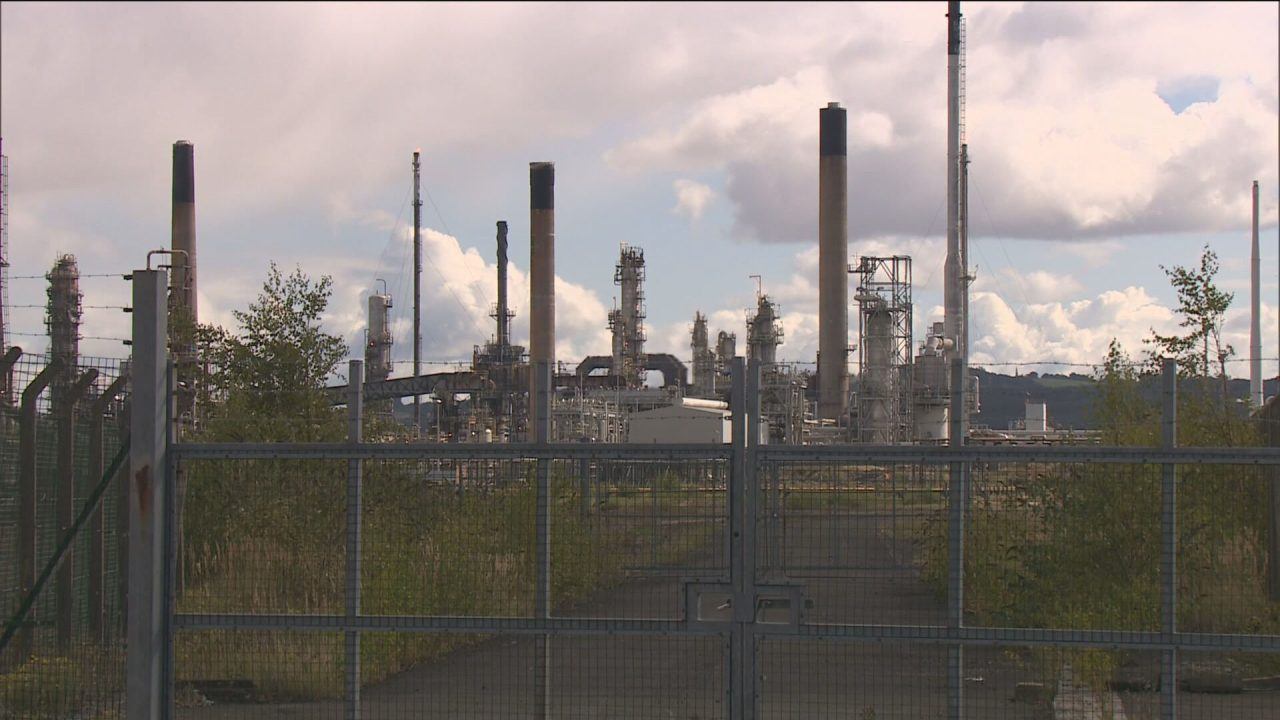Scotland’s energy secretary has vowed to provide workers at the country’s last oil refinery with a just transition, saying “we will never do what Margaret Thatcher did”.
Gillian Martin said she gave her “absolute commitment” that Grangemouth workers will have the “full efforts” of the Scottish Government to ensure jobs remain in the area.
“We will never do what Margaret Thatcher did, we will never do that,” she told MSPs during a speech at Holyrood, “because we know that it lasts for decades.
“You have my absolute commitment that I will make sure that Grangemouth has the full efforts of the Scottish Government working in partnership with whoever is serious about turning it into a biorefinery, a sustainable aviation hub, a hydrogen production hub…whatever will get us the maximum economic activity for those highly skilled workers.”
The comment is an apparent reference to the closing of heavy industries under former UK prime minister Thatcher, which opponents say still impacts communities that never recovered from the loss of employment.
Petroineos announced on Thursday it would shutter the refinery in the second quarter of next year as it looks to move to become an import terminal – putting 400 jobs on the site at risk.
The firm – a joint venture between Ineos and PetroChina – said the site “faces significant challenges due to global market pressures and the energy transition”.
A spokesman for Petroineos said that in the last week, the refinery has lost around 500,000 US dollars (£381,000) per day, and absorbed total losses of 775 million US dollars (£590 million).
It’s the oldest refinery in the UK and the company said it cannot compete with bigger, newer refineries across the globe.
But there are concerns about the impact it could have on the local community.
Both the UK and Scottish governments announced a £100m investment package in the hopes of improving prospects in the Grangemouth area.
But speaking at the weekend, Martin was unable to say how many jobs the investment would likely save.
“That is going to be a matter for commercial companies coming into the area,” she said.
“I would imagine that at the moment, there’s quite a lot of companies looking at the skills layout of that workforce and making offers to those people that they need.
“They are a highly skilled, highly experienced workforce who have the skills that could be transitioned into making biofuels, into making hydrogen and, of course, running the import terminal.
“I am confident that those highly skilled people will find other work.”
Follow STV News on WhatsApp
Scan the QR code on your mobile device for all the latest news from around the country


 STV News
STV News


























